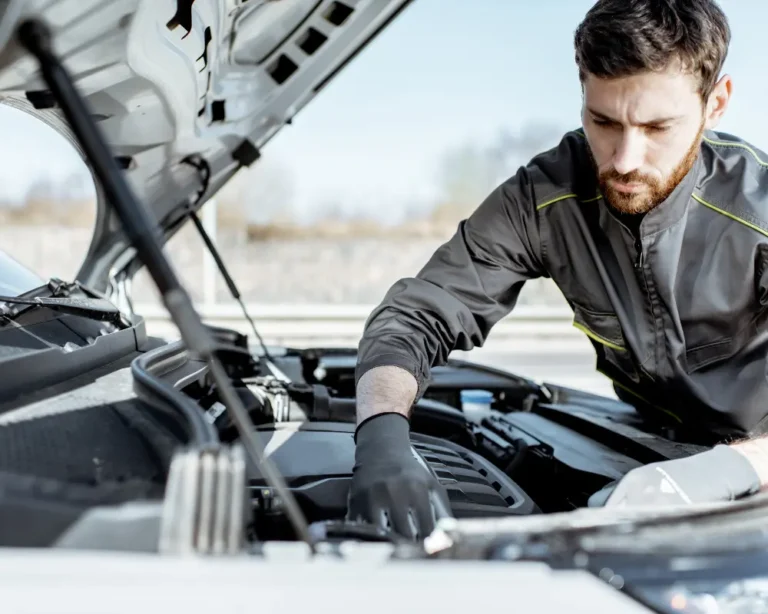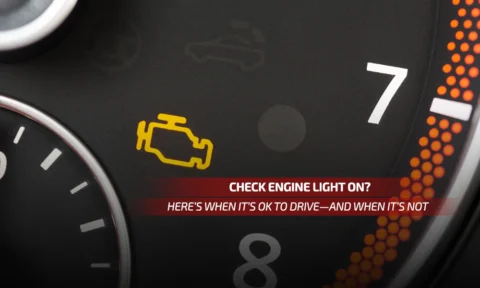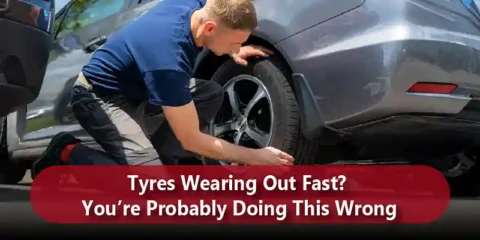Owning a car is an investment that requires ongoing care to ensure it stays reliable, efficient, and safe. However, many drivers tend to overlook minor issues or routine maintenance, hoping to save time or money. In reality, neglecting small repairs and skipping preventative maintenance can lead to major breakdowns and hefty repair bills down the road. Taking a proactive approach to car care not only keeps your vehicle running smoothly but can also save you significant money in the long run. Here’s how small repairs and regular maintenance can help you avoid big costs later.
Oil Changes: The Lifeblood of Your Engine
Oil changes are one of the most basic yet crucial forms of car maintenance. Engine oil lubricates the moving parts of your engine, preventing wear and tear, and helps regulate temperature by reducing friction. Over time, engine oil breaks down and becomes contaminated with dirt and debris, losing its effectiveness.
Small Repair:
Regular Oil Changes: Keeping up with scheduled oil changes ensures your engine runs efficiently and lasts longer.
Cost of Neglect:
Skipping oil changes can lead to oil sludge buildup, which can cause severe engine damage, potentially resulting in an engine replacement—a repair that can cost thousands.
Tire Care: Tread Carefully to Save Money
Your tires are the only part of your car that makes contact with the road, making their maintenance critical for safety and performance. Regularly checking your tires for proper inflation, alignment, and wear can prevent costly repairs and accidents.
Small Repair:
Tire Rotation and Alignment: Rotating your tires regularly and ensuring proper alignment prevents uneven wear and prolongs the life of your tires.
Cost of Neglect:
Ignoring tire rotation or alignment issues can lead to premature tire wear, poor fuel efficiency, and even dangerous blowouts. Replacing tires or repairing suspension components is far more expensive than routine tire care.
Brake Maintenance: Stop Problems Before They Start
Your car’s braking system is essential to your safety, and ignoring early signs of wear can lead to expensive and dangerous outcomes. Worn brake pads or low brake fluid can affect your stopping power, increasing the risk of accidents.
Small Repair:
Replace Brake Pads and Check Fluid Levels: Regularly inspecting your brake pads and replacing them when they’re worn is a simple, cost-effective way to keep your brakes working optimally.
Cost of Neglect:
Waiting too long to replace worn brake pads can damage your rotors, leading to a more expensive repair. Additionally, brake failure could result in costly accidents or fines.
Battery Maintenance: Don’t Get Stranded
Your car’s battery provides the power needed to start the engine and operate electrical components. Batteries have a limited lifespan, and over time, they lose their ability to hold a charge.
Small Repair:
Battery Inspection and Terminal Cleaning: Have your battery tested during regular inspections, and clean corrosion off the terminals to prevent starting issues.
Cost of Neglect:
If your battery fails unexpectedly, it could leave you stranded or require an emergency replacement, often at a higher cost than a scheduled battery change.
Air Filter Replacement: Breathing Easy
Your car’s air filter prevents dust, dirt, and debris from entering the engine. A dirty or clogged air filter can restrict airflow, reducing engine performance and fuel efficiency.
Replace Air Filters:
Replacing your air filter is a quick and inexpensive task that improves fuel efficiency and prolongs engine life.
Cost of Neglect:
Ignoring a dirty air filter can lead to engine misfires, poor acceleration, and increased fuel consumption. Over time, this can strain the engine and lead to expensive repairs or a full engine replacement.
Coolant and Radiator Care: Keep Your Engine Cool
The cooling system in your car regulates the engine’s temperature and prevents it from overheating. Maintaining the proper coolant level and ensuring your radiator is functioning correctly can prevent major issues down the line.
Small Repair:
Coolant Flush and Radiator Inspection: Regularly checking and flushing the coolant and inspecting the radiator for leaks ensures that your engine stays at the right temperature.
Cost of Neglect:
Overheating can lead to blown head gaskets, warped engine components, or even engine failure. These types of repairs can be extremely expensive and may even necessitate replacing the engine entirely.
Belts and Hoses: A Stitch in Time Saves Nine
Belts and hoses in your car play a vital role in keeping various systems running, such as the alternator, water pump, and air conditioning. Over time, these parts can crack, fray, or wear out.
Small Repair:
Replace Worn Belts and Hoses: Inspect belts and hoses for wear and tear, and replace them as needed before they break.
Cost of Neglect:
A broken belt can cause significant engine damage, such as overheating or loss of power steering, leading to costly repairs. Replacing belts and hoses when they show signs of wear is much cheaper than fixing the problems caused by their failure.
Transmission Fluid: Smooth Shifting
Transmission fluid helps lubricate the moving parts of your transmission and keeps it running smoothly. Low or dirty transmission fluid can cause shifting problems and lead to costly transmission repairs.
Small Repair:
Transmission Fluid Check and Change: Regularly check your transmission fluid levels and have it changed according to your vehicle’s maintenance schedule.
Cost of Neglect:
Ignoring transmission fluid changes can cause severe transmission damage. Repairing or replacing a transmission can cost thousands of dollars, far exceeding the cost of routine maintenance.
Preventative car maintenance is like investing in your car’s health. By addressing small repairs and keeping up with regular maintenance, you can avoid major breakdowns, extend your car’s lifespan, and save yourself from expensive repairs. Simple tasks like oil changes, tire care, brake inspections, and fluid checks may seem minor, but they play a significant role in your car’s overall performance and reliability.
Taking a proactive approach not only saves you money but also ensures your vehicle stays safe and dependable on the road. Don’t wait for a breakdown—give your car the care it deserves to avoid costly surprises down the road.







